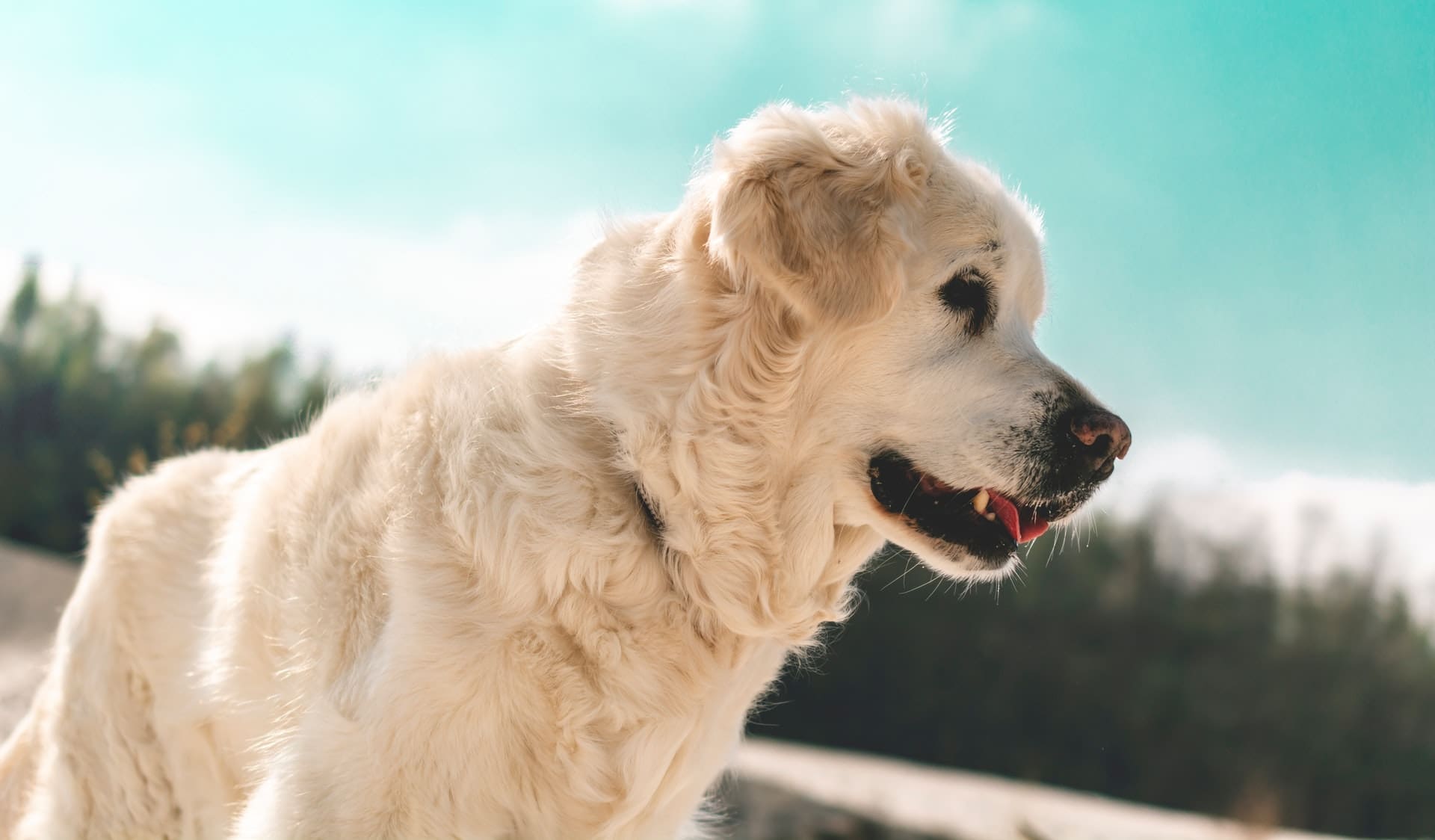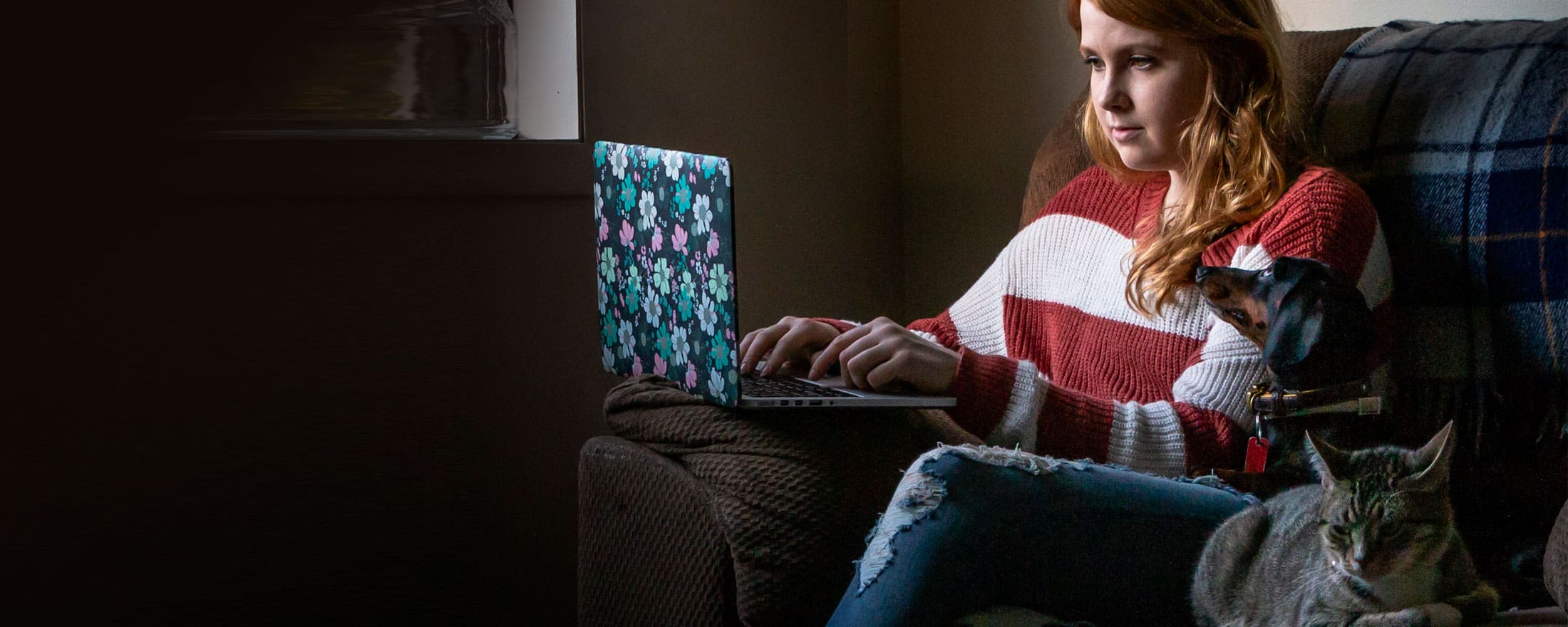
30 Apr Are Raw Marrow Bones Good For Dogs?
Are raw marrow bones ok for dogs? At Animal Dental Care and Oral Surgery, this is a question we hear a lot. Certain pet food companies’ advertising departments have done a good job over the last 5 to 10 years bombarding us with the notion that dogs are still basically wolves and therefore should eat ‘like wolves’, ignoring the fact that the dog has been domesticated (and dramatically modified by man) for about 15,000 years.
The romantic idea that a dog should eat as if it has killed its own prey, including eating the bones of its prey, is a powerful one to be sure! We all want our dogs to feel like a hero! Fortunately, our pet dogs are rarely subject to the evolutionary mandate of “survival of the fittest” like wolves are. Instead, our pet dogs are provided with love, water, food, shelter and veterinary care! That last part is especially important where dogs and bones are concerned, as dogs, bones, and veterinary care often go hand-in-hand!
Never Feed Your Dog Cooked Bones
Bones are generally available two ways, raw or cooked. Cooked bones are extremely hard and should never be offered to dogs for a number of reasons—unless you love taking your dog to the vet! Among these reasons include:
- They are very likely to break teeth
- They can splinter and become extremely sharp, risking trauma or even perforation to the tissues of the mouth, throat, esophagus, stomach, or intestines
- They are poorly digested when swallowed, which can lead to an intestinal obstruction
- Bones with a large enough central hole can become stuck on the lower jaw as a dog tries to enthusiastically lick out the center!
Advantages and Disadvantages of Raw Marrow Bones
Raw bones offer some advantages over cooked ones, but also carry some extremely dangerous disadvantages. Raw bones are much softer than cooked ones. While they are much less likely to result in broken teeth, it is still possible—especially with larger, thicker bones or bones that are offered frozen.
Raw bones, as long as they are smaller, are less likely to splinter and are more easily digested than cooked bones, thus somewhat less likely to cause an obstruction or trauma. That is where the advantages end.
The disadvantages of raw bones are very important to take into consideration because they can easily lead to life-threatening illness—both for the dog and for the people handling the raw bones.
Food Safety
First and foremost, raw bones carry a significant food safety hazard. Dangerous bacteria like E. coli and Salmonella can easily be present, risking infection not only for the dog, but also for the humans handling the bones. Anywhere the bones touch can become contaminated. This is especially risky for the elderly, immunocompromised individuals, and young children who are more likely to be down on the floor where dogs are, and less diligent about hand washing and not putting things in their mouths.
Dogs don’t have any special properties of their gut to protect them from these bacteria, they are just as at risk as we are.
Nutrition
Second, raw marrow bones have the bone marrow still present and bone marrow is extremely fatty. High-fat foods are not typically part of a dog’s normal diet, so their digestive system can be easily overwhelmed, ultimately resulting in inflammation of the pancreas, called pancreatitis. Pancreatitis can cause a range of symptoms including severe vomiting, diarrhea, abdominal pain, and can even be fatal in some cases.
Enamel
Lastly, while a dog’s teeth seem much more substantial than our own—and in some ways, they are—they actually have significantly less of the extremely hard outer enamel layer compared to human teeth. That thin layer of enamel, combined with their incredible jaw strength and desire to chew on things, can easily lead to broken teeth. While dogs that chew on bones often have quite clean-looking teeth, that cleanliness can come with some significant costs!
So Are Raw Marrow Bones Ok for Dogs?
As Board-Certified Veterinary Dentists in Colorado, we have seen our fair share of broken teeth due to inappropriate chew toys, including raw marrow bones. Although your dog may enjoy these bones, the cons outweigh the pros in our professional opinion. Overall, it is best to avoid ALL bones and stick with softer, less risky chew toys! If you are wondering what chew toys are safe for your furry companion, read this blog post.
Photo by Alexandre Debiève on Unsplash (4/30/2021)


